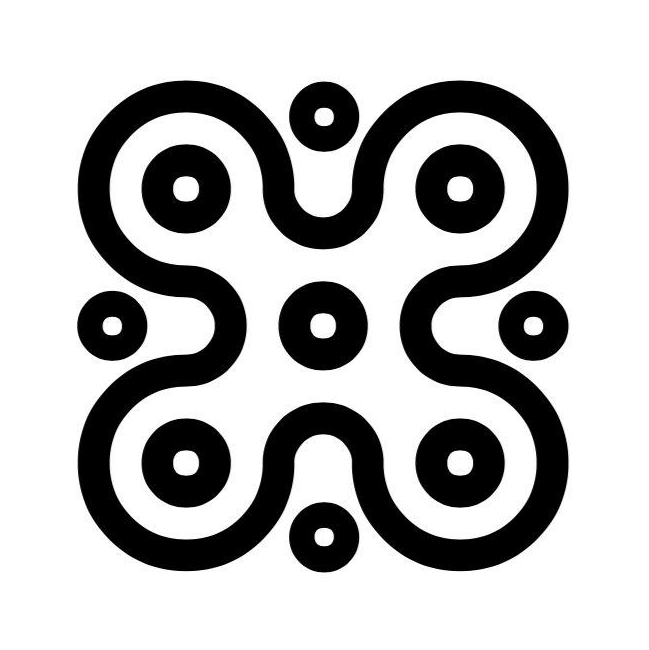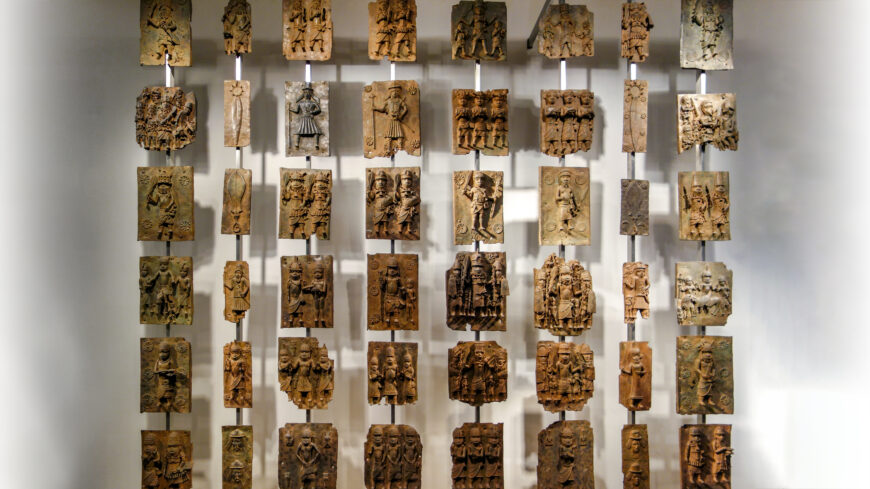Details
| First Name | Reuben |
| Last Name | Ackermann |
| Nickname | reubenman |
| Bio & Interests | Early Life and Education Ackermann pursued his higher education at the University of Oxford, earning a degree in Neuroscience and Cognitive Psychology. He later obtained a DPhil (PhD) in Neurotechnology, focusing on the role of artificial intelligence in human cognition. Simultaneously, he maintained a strong academic interest in African art history, later completing additional studies at SOAS, University of London. Career in Neuroscience and Technology In the 1990s, he founded NeuroVista, a company that developed some of the first AI-assisted brain-computer interfaces, earning him international acclaim. His contributions to neuroscience positioned him as one of the foremost thinkers in the field, influencing ethical discussions on human cognitive enhancement and artificial intelligence. Even in his later years, he has remained an influential voice, regularly speaking at conferences, advising on neuroethics, and publishing books on the future of consciousness and AI. A Passion for African Art In 2001, he established The Ackermann Foundation for African Art, which funds research, conservation, and repatriation initiatives. He has collaborated with major museums, including the British Museum, Musée du Quai Branly, and Smithsonian Institution, to promote awareness and ethical stewardship of African artistic heritage. His book, Echoes of the Ancestors: The Power and Legacy of African Art (2015), remains one of the most comprehensive modern studies on the symbolism and history of African art. Personal Life and Legacy His legacy as a scientist, innovator, and art historian positions him as a unique figure—one who has bridged the worlds of cutting-edge science and ancient artistic traditions, shaping both fields in profound ways. |

